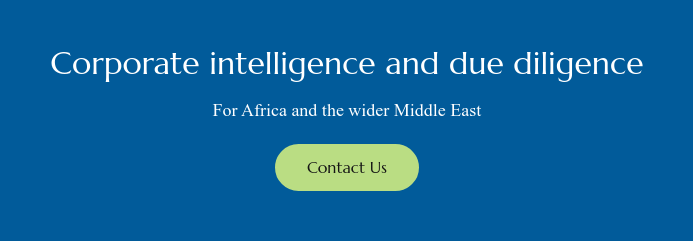Anyone who has lived or worked in the UAE will know how much of what is consumed inside the country is imported. You might also be surprised to know, in a country that consists largely of desert, that the UAE’s imports also include thousands of tonnes of sand each year from Saudi Arabia to manufacture glass and other industrial products. Similarly, in 2017 over 71,000 tonnes of calcium carbonate were imported – largely from Iran, Jordan and Oman – to a country that boasts the craggy limestone outcrops of the Hajar mountains.
All of this may be about to change as the UAE begins to explore domestic mining and production of minerals within the country, which has the potential to boost its efforts to diversify its hydrocarbon-based economy. A recent survey1 undertaken by the British Geological Survey (BGS) has highlighted the potential for mineral investment in different parts of the country. These include:
Calcium carbonate – significant potential in the northern emirates to quarry high-purity limestone and dolomite rock. Used to manufacture paint, paper and other industrial products.
Dimension stone – a thriving local industry due to its popularity for use in flooring and decorative finishes to buildings, the UAE currently imports all of its dimension stone, predominantly from India and China, despite having potential quarrying sites in the Hajar mountains.
Construction aggregates – already an active industry, in the emirate of Ras Al Khaimah in particular, companies such as Stevin Rock LLC has been operational for more than 40 years and produces over 80 million tonnes aggregate for the construction industry in the Gulf region and beyond.
Gypsum – one of the key raw materials for the manufacture of cement, UAE imports well over a million tonnes of gypsum from Iran per year to feed its extensive cement industry, producing 31.4Mt a year from 12 integrated plants. Large investors in the sector include Lafarge with its Emirates Cement plant in Fujairah, Cemex has a grinding plant in Jebel Ali, Oman’s Raysut Cement Company SAOG owns Pioneer Cement Industry LLC in Ras Al Khaimah, and Indian-owned JSW Cement FZE is establishing a $150 million clinker plant in Fujairah. Meanwhile, the BGS indicates that there is significant potential for domestic gypsum extraction near Jebel Ali.
Silica sand – a specific type of sand used to make glass and other products, thought to exist in the emirate of Abu Dhabi. The arrival of the Etihad Rail network would make it economically viable to transport the sand to the industrial emirates.
Due to its strategic location, logistics infrastructure and investor-friendly policies, the UAE has for some time had a foothold in the trade and downstream production of precious metals, gemstones and base metals – not least Emirates Global Aluminium PJSC, a mainstay of the UAE economy. But as the willingness and pressure to diversify grows, the evidence suggests that it may be time for the UAE to start making more of the resources on its own doorstep.




